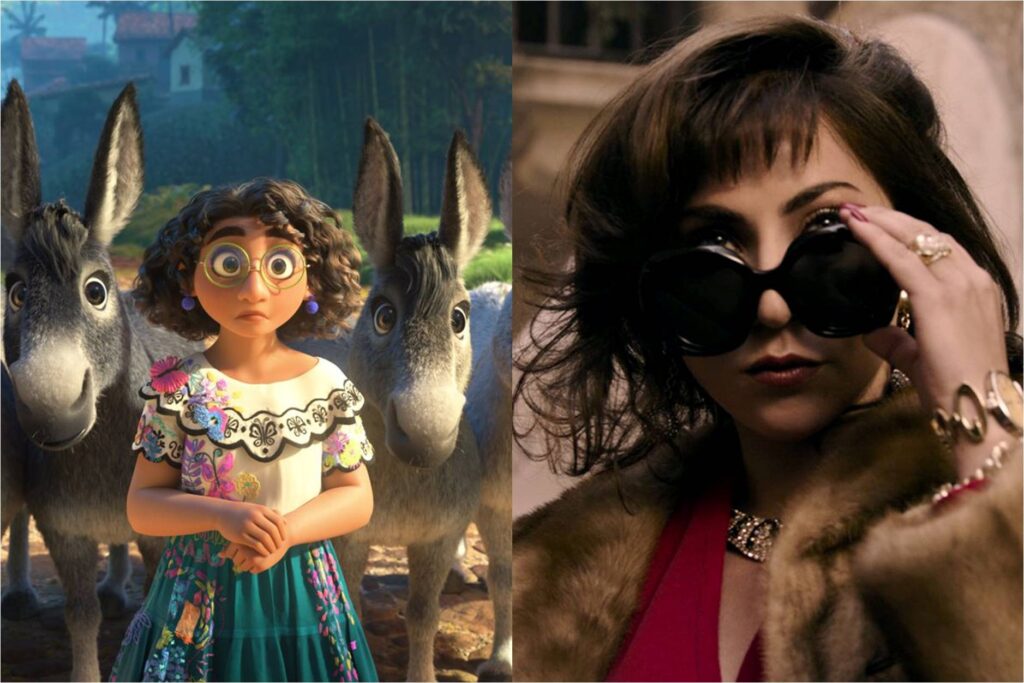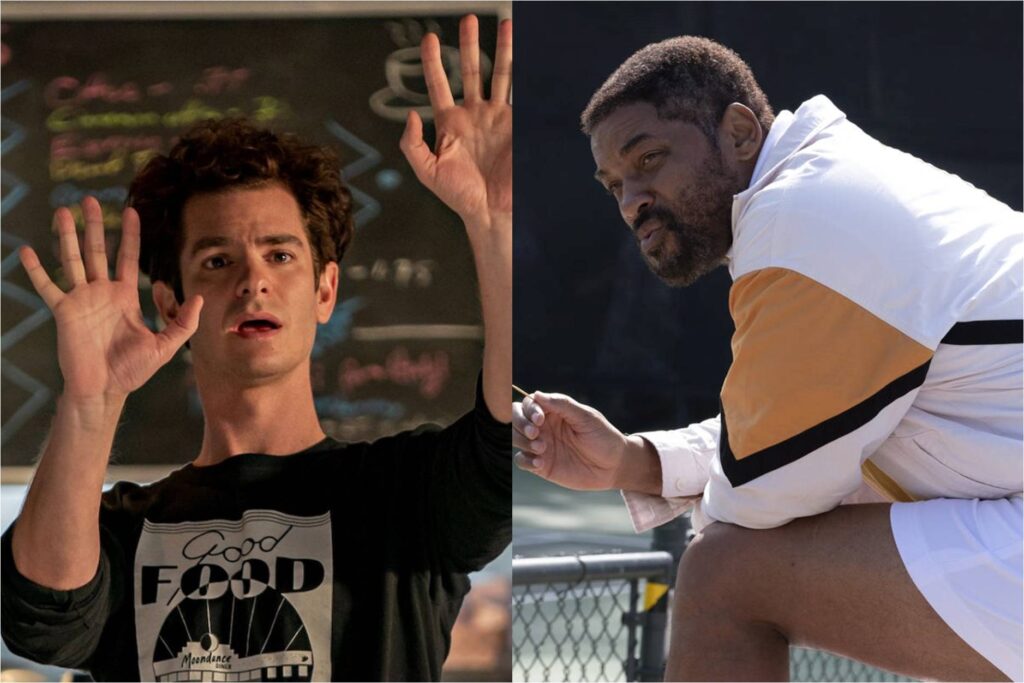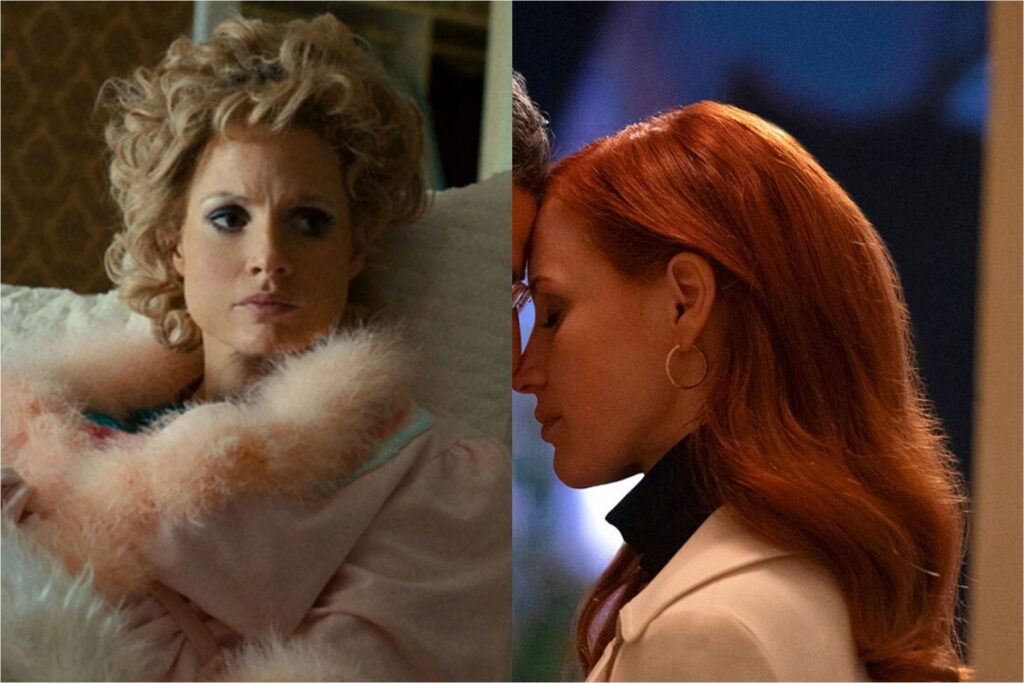Thanksgiving Roundup: Encanto and House of Gucci

The double feature is a long-defunct relic of moviegoing, but lately I’ve done my best to revive the concept in my writing, if only to give myself the excuse to review as many films as possible. But while I’ve previously managed to contort unrelated movies into purportedly similar shapes—Dune and The French Dispatch are both made by obsessive world-building auteurs, King Richard and Tick Tick Boom both contemplate tortured geniuses, Malignant and The Card Counter both go for broke, etc.—this Thanksgiving’s pair of high-profile releases presents a more daunting challenge. How to possibly unify Encanto, the cheery new animated musical from Disney, with House of Gucci, Ridley Scott’s sordid fact-based saga of opulence, betrayal, and murder? I could argue that both films center on crumbling dynasties who cling to their power through deceit and corruption, but let’s not kid ourselves—not when one of them is geared toward kids and the other toward creeps. Instead, let’s focus on their qualitative differences, because one of these movies is quite good and the other one isn’t.
Conceptually speaking, Encanto isn’t anything special. Directed by Jared Bush and Byron Howard (Zootopia) from a script Bush wrote with co-director Charise Castro Smith, it’s another of Disney’s misfit-kid pictures, centering on a plucky heroine who, despite her wholesome spirit and positive attitude, is unsure of her place in the world and within her family. Of course, world and family are essentially the same thing for Mirabel (voiced by Stephanie Beatriz), who technically isn’t a princess in the same way Moana technically wasn’t a princess. She’s nonetheless the granddaughter of Alma (María Cecilia Botero), the benevolent matriarch who rules over her brood, the Madrigal family, with what might be called generous rigidity; everyone is happy, so long as—and perhaps because—everyone abides by Alma’s decree. There is even something vaguely feudal about the Madrigals’ elevated position; they’re basically aristocratic leaders of a humble South American village, one whose welfare hinges on the noble class’ prosperity and munificence. Read More




